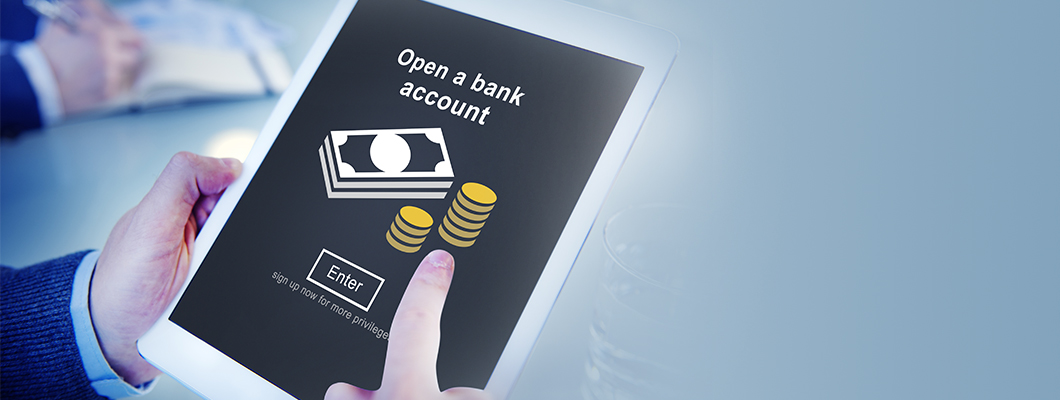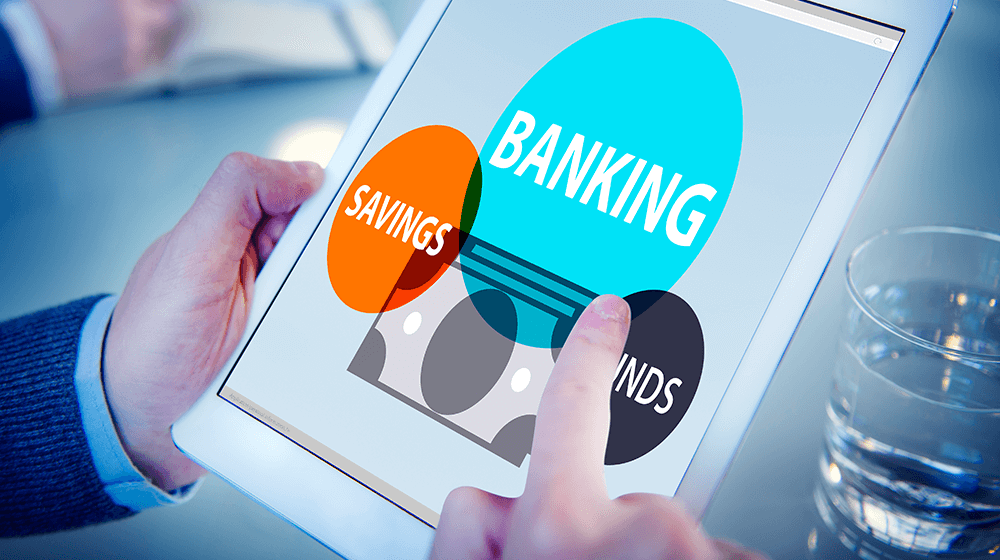Everything You Should Know About Bank Account Opening for Non-Residents
Everything You Should Know About Bank Account Opening for Non-Residents
Blog Article
Everything You Need to Know Prior To Opening a Bank Account: Crucial Insights
Opening a savings account is a considerable financial decision that requires cautious consideration of numerous elements. Recognizing the different types of accounts, such as examining and cost savings, is just the beginning. Possible account holders have to also consider the significance of costs, accessibility, and the financial institution's client service online reputation. Moreover, being prepared with the essential documentation can assist in a smooth account opening experience. As you consider these aspects, what other critical understandings might affect your choice of financial institution?
Kinds of Bank Accounts
When taking into consideration the varied landscape of economic solutions, what kinds of savings account are readily available to satisfy various demands? The key groups of checking account consist of examining accounts, interest-bearing accounts, cash market accounts, and deposit slips (CDs)
Checking accounts are developed for day-to-day purchases, giving simple access to funds by means of debit cards, checks, and electronic transfers. They normally have reduced rate of interest but provide vital functions like overdraft protection and on-line financial.
Financial savings accounts, on the various other hand, focus on collecting interest over time. These accounts encourage conserving by using higher rate of interest compared to checking accounts, albeit with minimal purchase abilities.
Money market accounts combine attributes of both monitoring and cost savings accounts. They typically offer higher rate of interest and enable a restricted variety of checks or deals each month, making them suitable for those looking for both liquidity and rate of interest profits.
Certifications of down payment (CDs) require depositing funds for a fixed term, offering higher rates of interest in exchange for securing funds up until maturity. Each account kind serves distinctive monetary goals, permitting individuals to customize their banking experience to their specific demands.
Aspects to Think About
Picking the best bank account includes careful consideration of several aspects that line up with individual monetary objectives and lifestyle needs. If you often make purchases, consider an account that provides endless withdrawals and deposits without constraints.
Additionally, review the ease of access of the bank's services. Try to find establishments with a robust on the internet financial platform and a network of ATMs to make sure ease. The physical location of branches may likewise be vital for those who like in-person interactions.
Another essential variable is the type of solutions offered, such as mobile banking, budgeting tools, and economic advisory services. These functions can substantially boost your banking experience and assistance in handling your financial resources efficiently.

Understanding Fees and Charges
Comprehending the costs and fees related to a savings account is important for preserving your monetary health and wellness. Banks typically impose different charges that can substantially impact your general account balance. These charges might consist of month-to-month maintenance charges, overdraft account charges, ATM withdrawal charges, and charges for insufficient funds.
Monthly upkeep fees prevail and can often be avoided by meeting particular criteria, such as establishing or keeping a minimal equilibrium up direct down payments. Overdraft account charges occur when you take out more cash than your account holds, resulting in penalties that can gather swiftly. It's necessary to understand just how your bank calculates these charges and the conditions under which they use.
In addition, Learn More Here be mindful of straight from the source ATM withdrawal costs, specifically if you regularly utilize equipments outside your bank's network. These costs can accumulate, especially if you need to gain access to cash commonly. Some financial institutions might charge costs for added services, such as paper declarations or wire transfers.
Before opening up an account, thoroughly review the charge timetable offered by the financial institution to ensure you choose an account that straightens with your financial demands and routines. Being informed about possible charges can help you avoid unneeded prices and enhance your banking experience.
Necessary Documents
Opening a bank account calls for particular documents to validate your identification and establish your financial account. The specific demands might vary by financial institution and account kind, yet commonly, you will require to supply a government-issued photo ID, such as a ticket or chauffeur's permit. This ID serves to validate your identity and age, as the majority of banks require account holders to be at the very least 18 years of ages.
Along with recognition, you will certainly often need proof of address, which can be shown via an energy bill, lease arrangement, or bank declaration that includes your name and present address. Some banks may also require your Social Protection number or Specific Taxpayer Recognition Number for tax obligation reporting objectives.
If you are opening a joint account, all applicants must offer their documents (bank account opening). Furthermore, consider having first deposit funds all set, as many banks call for a minimal balance to turn on the account

Tips for Picking a Bank
Choosing the ideal bank is a critical action in managing your funds efficiently. When evaluating prospective financial institutions, start by considering their costs. Analyze account maintenance charges, deal charges, and ATM withdrawal fees, as these can this link substantially impact your savings with time.
Next, assess the bank's accessibility (bank account opening). Establish if the bank has a practical network of Branches and atms, and take into consideration the availability of online and mobile financial solutions. A straightforward electronic system can improve your banking experience
In addition, check out the rate of interest supplied on interest-bearing accounts and fundings. A bank that supplies affordable prices can aid you optimize your incomes and lessen loaning prices. Client service is one more essential variable; select a bank recognized for receptive and useful support, whether in-person, over the phone, or online.
Last but not least, consider your details demands, such as whether you need services like investment choices or company accounts. By thoroughly looking into and comparing your alternatives, you can choose a bank that aligns with your economic goals and way of life, guaranteeing a valuable and smooth banking experience.
Verdict
In conclusion, understanding the different kinds of savings account and their specific features is essential for making educated financial choices. Factor to consider of aspects such as banking habits, ease of access, and associated fees will certainly add to a preferable option. Additionally, knowing essential documents will promote a smoother account opening procedure (bank account opening). Ultimately, thorough study and evaluation of alternatives will certainly bring about picking a bank that straightens with private financial requirements and choices.
Prospective account holders need to likewise evaluate the relevance of charges, ease of access, and the financial institution's consumer solution reputation.Picking the best financial institution account involves mindful factor to consider of several variables that straighten with specific economic goals and way of life demands. Taking these variables right into account will certainly help you select the financial institution account that finest fits your needs.
Recognizing the fees and fees connected with a bank account is essential for preserving your economic health and wellness. Financial institutions typically enforce different costs that can substantially impact your overall account equilibrium.
Report this page